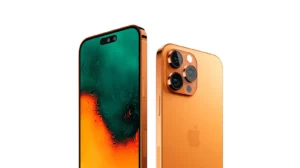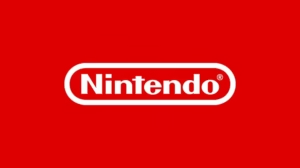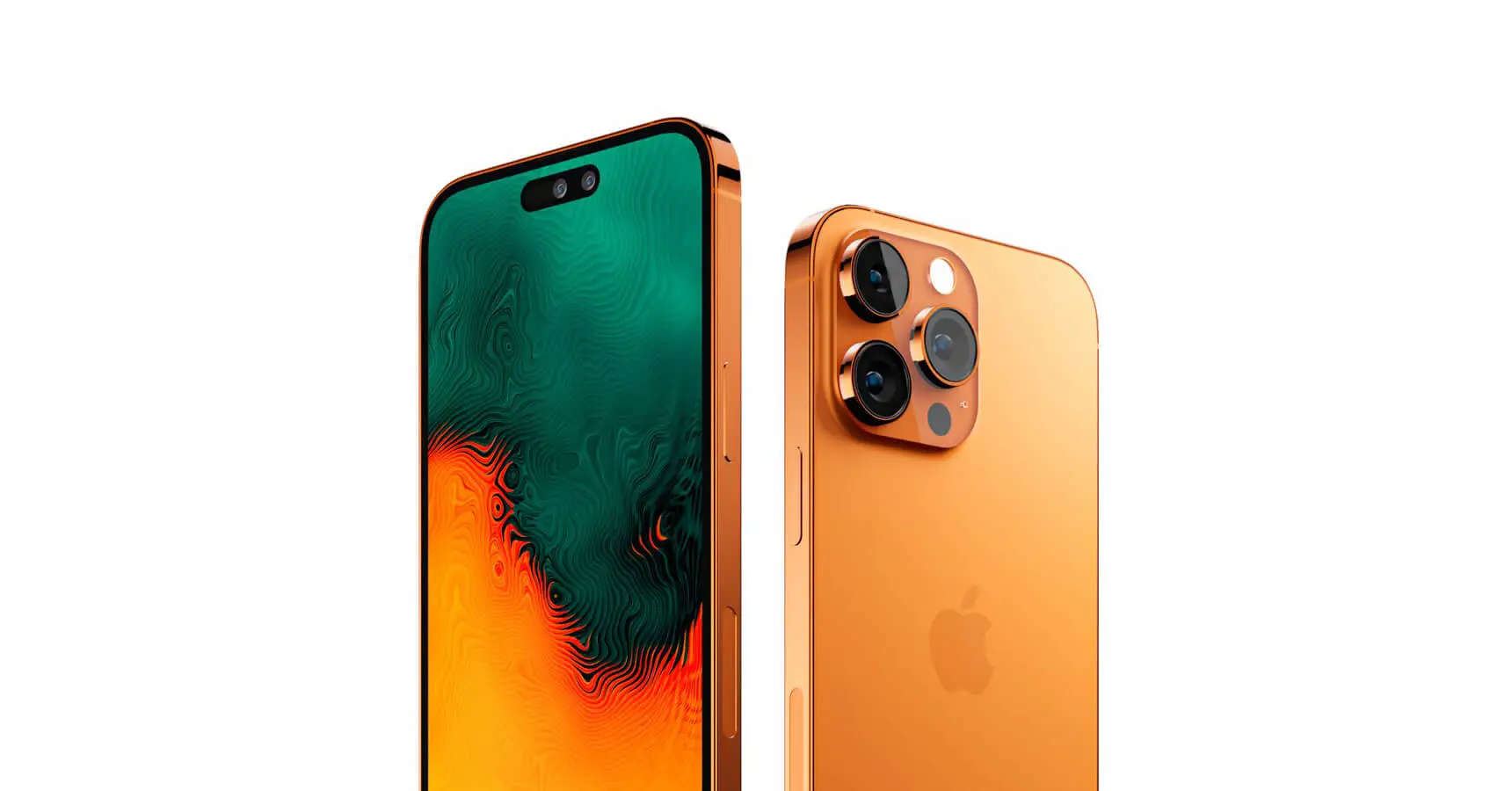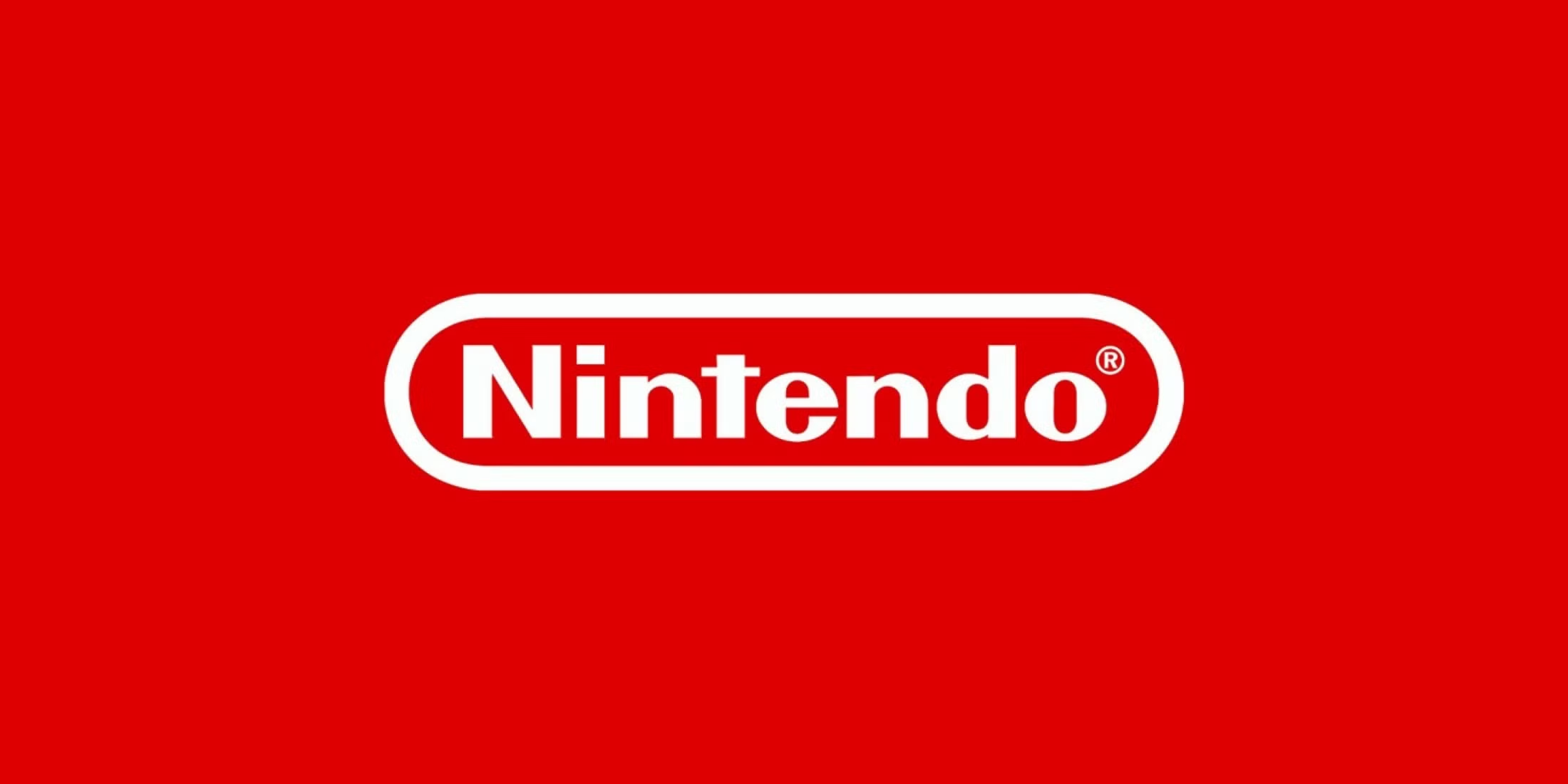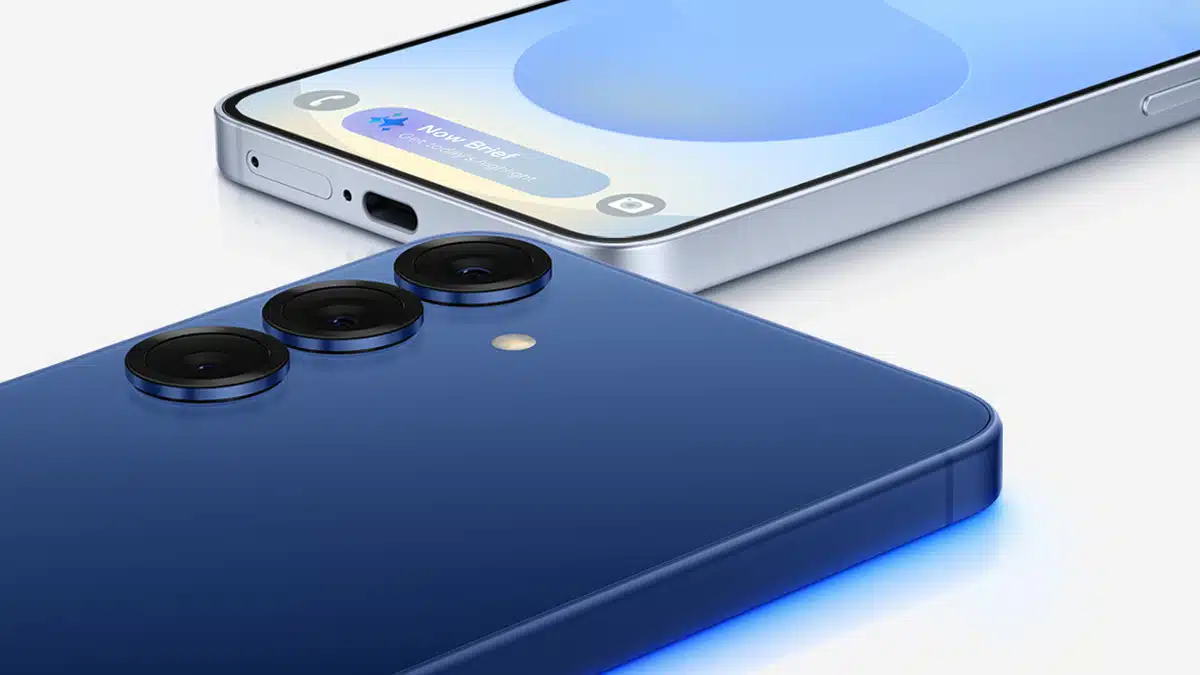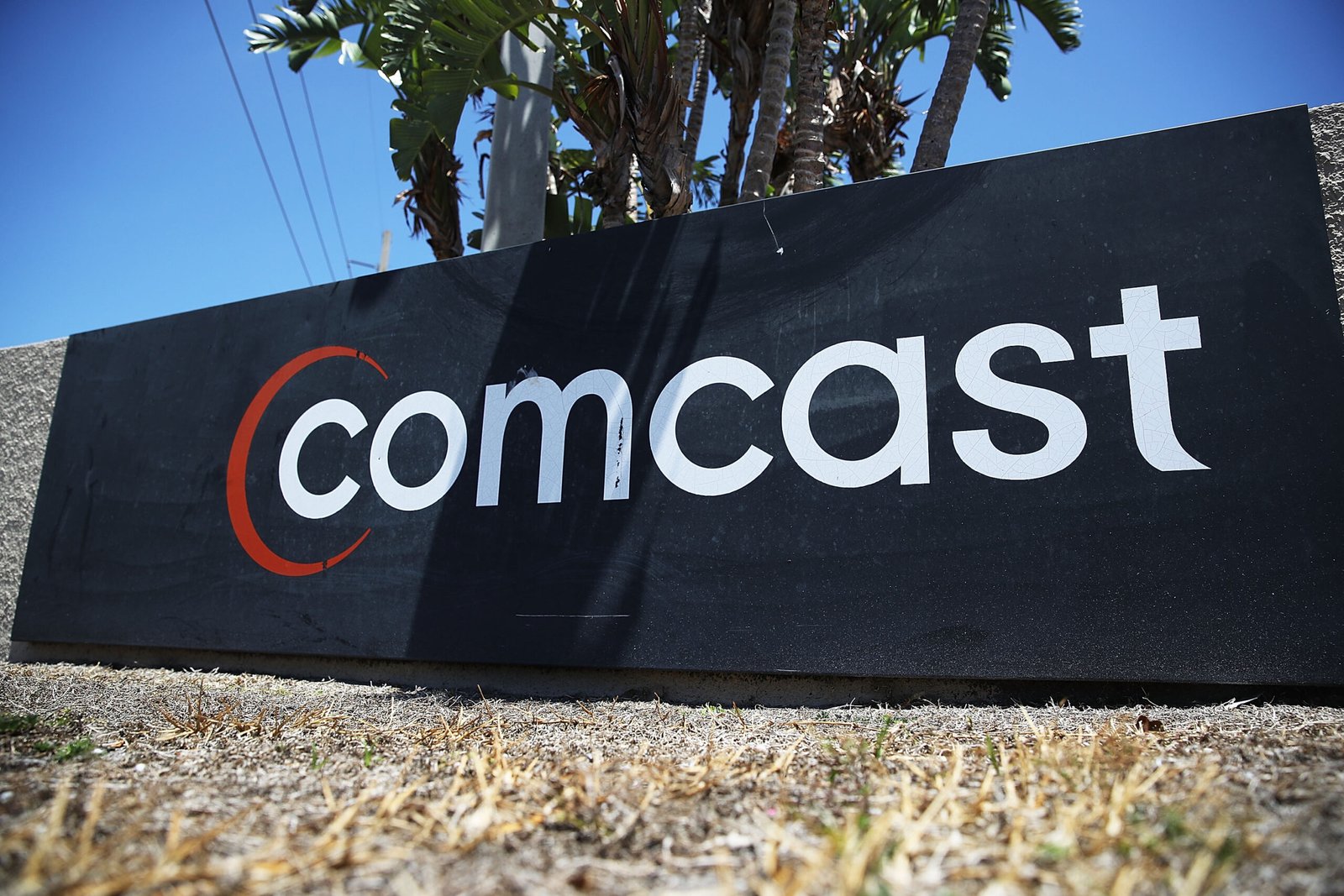Apple has recently announced a significant change to its latest smartwatch models, the Apple Watch Series 9 and Ultra 2. Due to a legal dispute, these watches will now be sold without the blood oxygen monitoring feature in the United States. This decision comes after the U.S. International Trade Commission (ITC) found that Apple had violated patents owned by medical technology company Masimo, related to light-based blood-oxygen monitoring.
Key Highlights:
- Apple Watch Series 9 and Ultra 2 to be sold without blood oxygen feature in the U.S.
- Decision follows a patent dispute with medical technology company Masimo.
- Change applies only to new sales in the United States.
- Existing Apple Watch models with the feature are not affected.
- Apple’s appeal against the ITC ruling is ongoing.
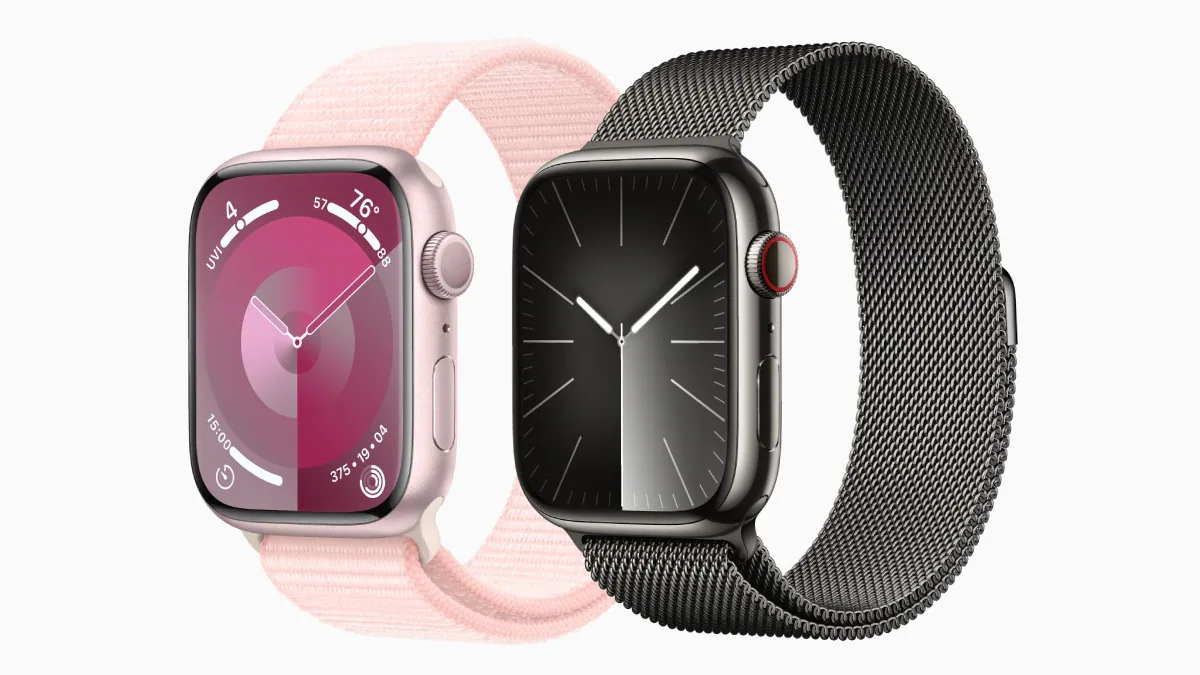
The Apple Watch, known for its health and fitness tracking capabilities, has had to disable one of its key features – the blood oxygen sensor – in its latest Series 9 and Ultra 2 models sold in the U.S. This change is a direct consequence of a patent infringement ruling by the ITC, favoring Masimo, a company specializing in non-invasive patient monitoring technologies. Despite this setback, Apple continues to offer innovative features in its smartwatch line, maintaining its position as a leader in the wearable technology market.
The Legal Dispute and Its Impact
The dispute centers on two patents held by Masimo, which Apple is accused of infringing in its blood oxygen sensor technology. As a response, Apple has redesigned its Series 9 and Ultra 2 models to remove the pulse oximetry features from newly sold devices in the United States. This alteration is a workaround to the ban imposed by the ITC and has been confirmed by the U.S. Customs and Border Protection (CBP) as falling outside the scope of the ITC’s ruling.
Implications for Consumers and the Market
For consumers, this means that any new Apple Watch Series 9 or Ultra 2 purchased in the U.S. will not have the functional blood oxygen monitoring feature. However, this change does not affect Apple Watches sold before the ban or in other countries. Apple assures that existing customers with the blood oxygen feature will not experience any disruptions. The company’s decision to comply with the ruling, while continuing to offer its products with minimal disruption, reflects its commitment to innovation and customer service, even in the face of legal challenges.
Apple’s Stance and Future Outlook
In a statement, Apple expressed disagreement with the ITC’s decision and its impact on the Apple Watch’s functionality. The tech giant is currently appealing the ruling, hoping for a reversal by the U.S. Court of Appeals. This situation highlights the complex interplay between innovation, intellectual property rights, and consumer technology.
The exclusion of the blood oxygen feature from Apple’s latest smartwatches in the U.S. market is a significant development in the wearable tech industry. It underscores the challenges tech companies face in navigating patent laws and innovation. As the legal proceedings continue, Apple remains dedicated to providing high-quality products and adapting to regulatory landscapes.


